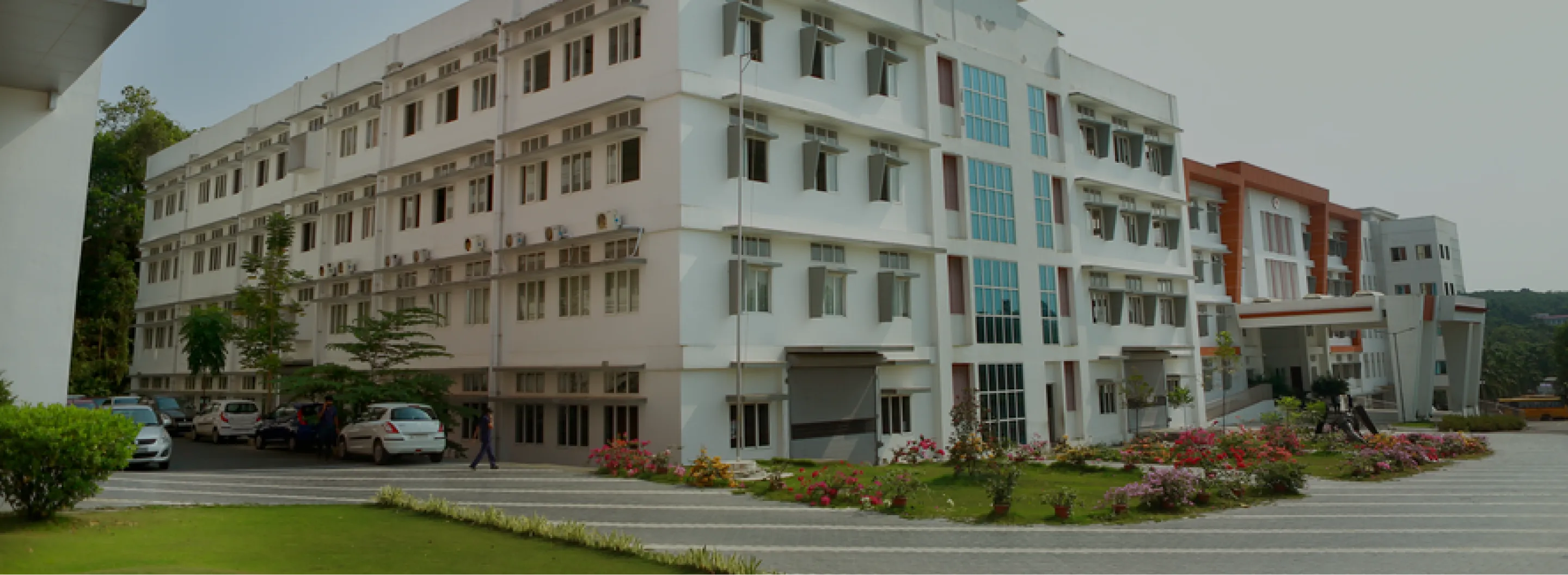
The Department of Electronics and Communications Engineering (ECE) was established in the year 2013 along with the Institution to facilitate the transformation of students into responsible citizens and competent Engineers with strong moral and ethical values. Currently, our department is offering undergraduate program (B.Tech) in Electronics & Communications Engineering with an intake capacity of 60. The fundamental goal of our department is to provide a holistic platform for the students that can help them to achieve academic excellence through innovative and quality education of high standards. The department tries to ensure intellectual, ethical and social development amongst the students.The department motivates both co-curricular and extracurricular activities, for the overall development of its students. The department strives to evolve into a nationally and internationally recognized organization for excellence and innovation in education, research, professional service and outreach. To extend these services, ECE department has a team of well qualified, experienced and committed staff members.The department faculty work with excellent team spirit in different technical team like Communication, Signal Processing, VLSI and Embedded System, which leads to key research publications in these areas. Our labs are equipped with modern softwares and equipments. Our advanced labs, with their state-of-the-art facilities in the respective domains, give our students a cutting edge in technical exploration and enhance their information search and analysis skills. Students are also encouraged to join various technical and non-technical forums, which in turn gives them horizontal exposure to Engineering concepts and technology. We always try to inculcate the much-needed leadership qualities along with the integral technical education such that our students can be job creators rather than job seekers.


.jpg)
.jpg)
Government Quota (Allotted by CEE based on KEAM Rank )
AICTE Tuition Fee Waiver Scheme (TFW) (based on KEAM rank and family income)
Management Quota (Filled from College merit list prepared based on (KEAM 2024 &+2) Physics, Chemistry and Mathematics marks)
Ready to Take the Next Step in Your Career? Apply Now and Join Our Prestigious Program
apply now